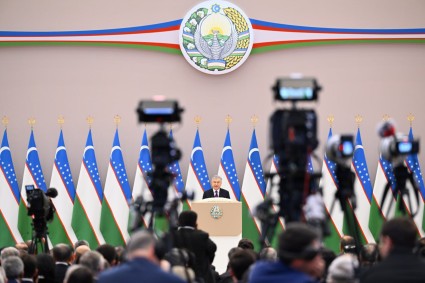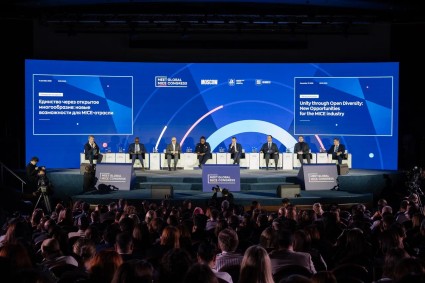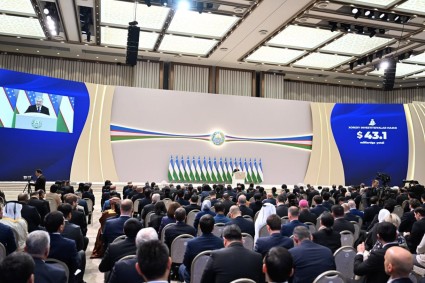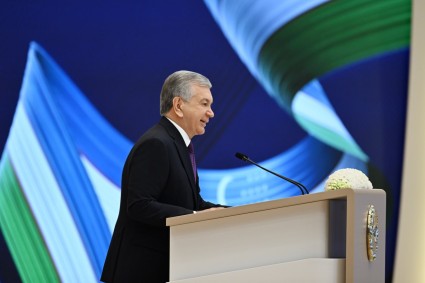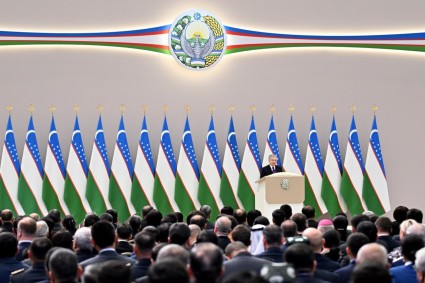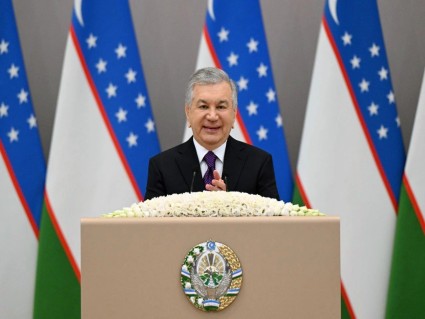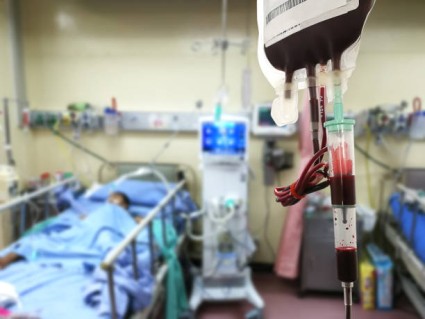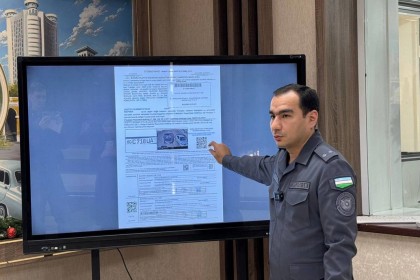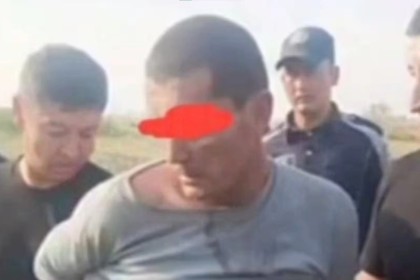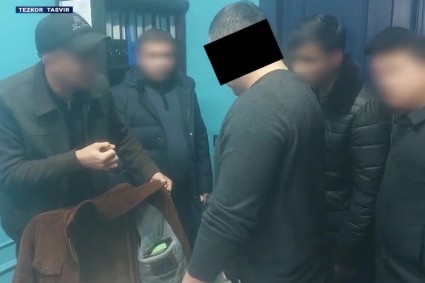The mission of the Office for Democratic Institutions and Human Rights in its statement of preliminary findings and conclusions at a press conference on the Sunday's early Presidential elections noted good organization of the electoral process and the measures aimed at transparency, but “underscored the need of comprehensive reform to address procedural and systemic shortcomings”.
Speaking at a press conference in Tashkent on Monday, the head of the ODIHR election observation mission, Peter Tejler said that the mission’s assessment is conducted not to praise or criticize the election process - any elections in the world may have their strengths and shortcomings, but it aims to draw attention to the shortcomings and propose recommendations for their correction.
Election commissions, led by the CEC, efficiently administered operational aspects during the preelection period, and met all legal deadlines. The CEC held open sessions and promptly published its decisions, thus contributing to the transparency of the electoral process. The CEC conducted a comprehensive voter awareness campaign on state and private media, including against proxy voting.
Four party-nominated candidates, including the prime minister who serves as the Acting President, contested the election. In a positive step, the number of supporting signatures required for candidate registration was lowered from five to one per cent of voters nationwide, thus reducing an obstacle on the right to stand.
National minorities enjoy full political rights under the Constitution. Campaign materials were available in three minority languages. The CEC produced most election-related material, including ballots, in Uzbek, Russian and Karakalpak languages. State-owned newspapers with a nationwide reach provided candidates with free print space for campaign messages in Uzbek, Russian, Tajik and Kazakh.
The absence of a centralized voter register and the possibility of registration on election day makes it difficult to ensure that voters were included in only one voter list and voted only once.
The election dispute resolution process is regulated by several laws and CEC resolutions, which results in a lack of coherence. The law does not provide for requests for recounts or the invalidation of results, thus limiting effective remedy on key aspects of the electoral process.
The OSCE/ODIHR has observed six elections since 1999, most recently the 2015 presidential election193 observers from participating States operated were deployed on election day.
A final report on the observation of the entire electoral process will be issued approximately eight weeks after the end of the observation mission.
The mission of the Office for Democratic Institutions and Human Rights in its statement of preliminary findings and conclusions at a press conference. on the Sunday's of the Early President elections underscored a good organization of the electoral process and the measures aimed at transparency, but “underscored the need of comprehensive reform to address procedural and systemic shortcomings”.
Speaking at a press conference in Tashkent on Monday, the head of the ODIHR election observation mission, Peter Tejler said that the mission’s assessment is not conducted to praise or criticize the election process - any elections in the world may have their strengths and weaknesses, but it aims to draw attention to the shortcomings and propose recommendations for their correction.
Election commissions, led by the CEC, efficiently administered operational aspects during the preelection period, and met all legal deadlines. The CEC held open sessions and promptly published its decisions, thus contributing to the transparency of the electoral process. The CEC conducted a comprehensive voter awareness campaign on state and private media, including against proxy voting.


